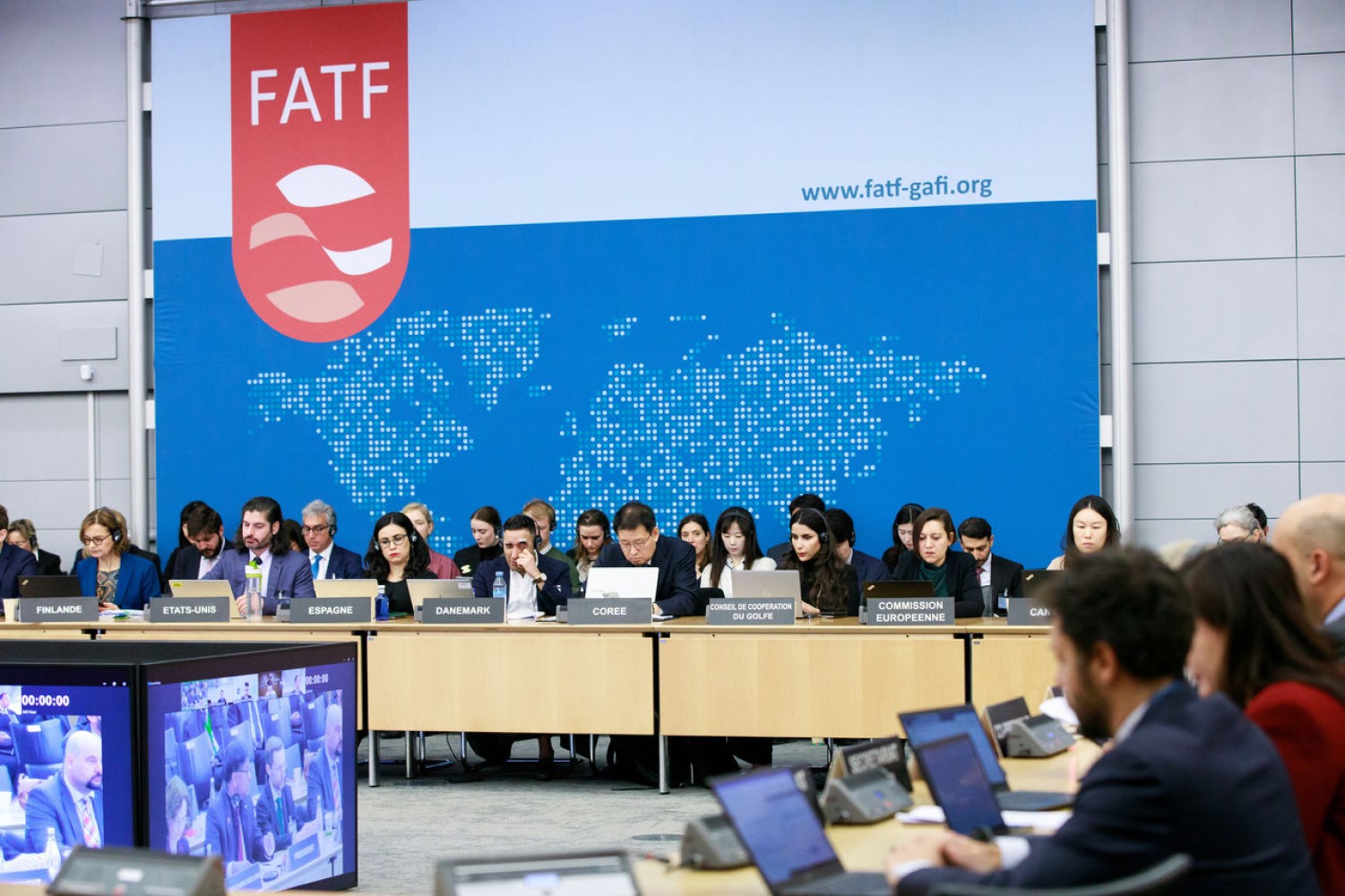
The Financial Action Task Force (FATF) will convene for its summer plenary session from June 12 to June 13 in Strasbourg, France.
Since its establishment in 1989, the FATF has been the global standard-setter for combating money laundering and terrorist finance. The FATF performs technical evaluations of countries’ financial systems and advises the private sector on which jurisdictions have serious deficiencies in their anti-money laundering (AML) frameworks. The consequences of being added to the FATF’s “gray list” are severe: an IMF study found that countries placed on the list suffered a drop in capital inflows of 7.6% of GDP, as well as a drop in foreign direct investment of 3%. The FATF has therefore been a key driver of reforms within countries to improve financial transparency.
The FATF’s summer plenary will offer key insight into evolving trends in global illicit finance enforcement. While the US has traditionally led FATF initiatives, the current administration has significantly scaled back support for financial transparency, while pushing for tougher action on Chinese money laundering in the drug trade. The plenary will reveal whether US priorities still align with the FATF’s agenda.
The upcoming plenary will also signal whether the FATF will prioritize financial inclusion or ramp up counter-terrorist financing efforts. In February, the FATF highlighted “de-risking”—when banks and other financial institutions cut off services to entire regions or sectors to avoid perceived risks—as a major obstacle to economic recovery and financial access. This concern is especially pressing with respect to Gaza, where limited financial access threatens to worsen the humanitarian crisis. However, the US and Israel continue to advocate for tougher measures targeting terrorist financing, potentially limiting efforts to promote the financial inclusion of the Palestinian Territories. The plenary’s outcome will therefore reveal which of these priorities the FATF is likely to focus on in the future.
Will McChesney is a foreign affairs analyst specializing in Russia-MENA relations. A recent graduate of Georgetown University’s School of Foreign Service, his work also focuses on strategic use of economic tools such as sanctions and export controls.

